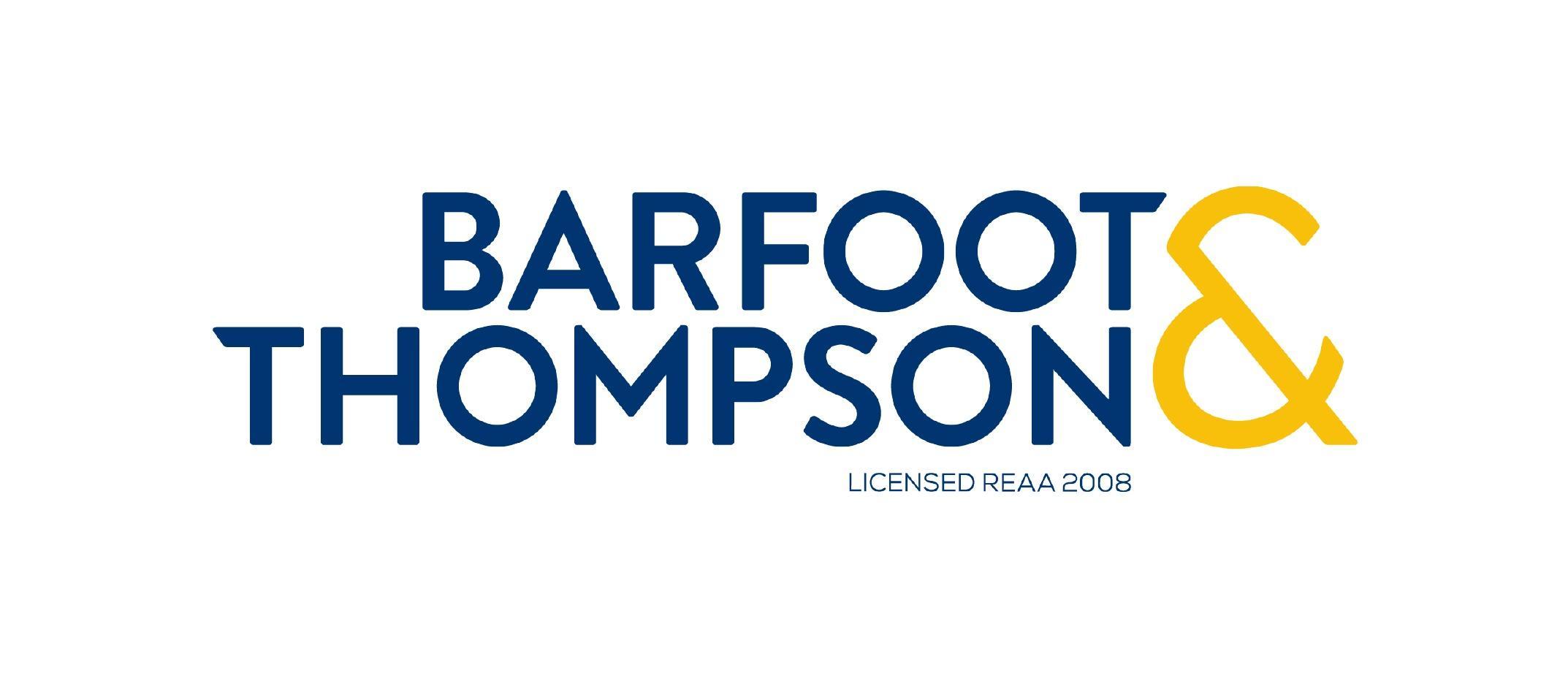This is a question that often troubles people, as they are unsure about how to proceed from here in terms of maintaining and/or growing their property
portfolio further. I think some key things need to be considered:
What did you actually buy?
This is important to know because it will help you determine whether to hold or sell. Did you buy something in a likely high-growth or low-growth area
(speaking purely futuristically, of course)? In a high-growth area, you may ask – if you’ve got the ability to hold this, are you relatively certain
that the asset will appreciate over time and outweigh any holding costs?
The other question would be whether the property is self-sufficient and doesn’t actually require any cash injection out of your own pocket for the foreseeable
future. If it is, there isn’t really any harm in holding it, as the chances are this is the very reason you bought it (positively-geared) and therefore
from a maintaining perspective there is no harm. If however, you’re trying to grow your portfolio further, you may look at other financing options
who would take you to a higher LVR (if for example, you bought at 60% or 65% LVR through a bank) to allow you to continue with other investment activities.
If you’re answering no to some of these questions (high-growth, can’t afford to hold OR low-growth and costs me money) it might be worthwhile to consider
selling to cut your losses before buying something more appropriate/strategic.
Can you add further value anywhere?
Right now, the market is not as forgiving as it was in the last appreciating phase. This is when you want to be vigilant about adding value. You want to
be aiming for doubling the value of your renovation cost. For ever $1 you put into the renovation you should be extracting at least $2 in added-value
otherwise you may as well put that money aside for a new deposit.
Is it a good time to focus on debt reduction?
If you can’t afford to wait on the market or do renovations then consider building equity by reducing your debt. While this may seem less than glamorous,
a concerted debt reduction effort will end up future-proofing your risk and put you in a better position come the next phase of the market. Speak to
your financial advisor about how to make the most of the low rates on offer right now.

ABOUT THE AUTHOR
Ryan Smuts
Ryan is a Key Accounts Manager at Kris Pedersen Mortgages and Insurance. Ryan can be reached
on 021 193 9333 or [email protected].













Add Comment